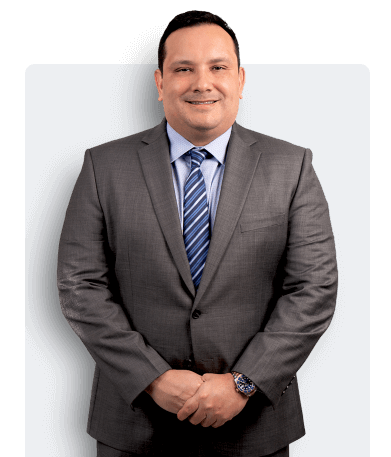An accident happened, and now you are dealing with pain and injury. How can you determine who is at fault? We want to give you some basic ground rules for figuring out fault in the case of personal injury and getting your needs addressed.
What qualifies as a “personal injury case?”
First of all, though, it might be helpful to talk about what qualifies as “personal injury.” Personal injury cases include many things: car accidents, medical malpractice, slip-and-fall injuries, dog bites, slander and libel, and product liability.
Every case has unique features, and you should always feel free to schedule a consultation with your lawyer to strategize the best approach for your case. That being said, we want to share some basic guidelines for understanding fault and assigning liability for some of the most common types of cases.
Any accident where there was a clear violation of a traffic law by the other party means that they are at fault. You can learn more about the laws surrounding your particular situation by looking at the GA driver handbook. For the most part, if you were rear-ended, the other driver is at fault, and accidents caused by substance abuse are the fault of the impaired driver.
Medical malpractice:
When a medical professional’s negligence results in a patient being injured or the condition of the patient getting worse or experiencing complications, then the healthcare provider is considered liable.
Product liability:
Typically, any entity that had a role in putting the product on the market could be at fault.
Negligence:
If your injury was caused by negligence on the part of a property owner or employer, then they will share liability. If your own carelessness or negligence contributed to the incident, then the responsibility and cost for damages will be assigned accordingly.
What to do when you are injured:
The most important thing for you to do is get the medical care that you need. Not only is health your primary priority, getting the help you need can provide professional documentation of the nature and extent of your injuries.
You should also take detailed notes about the conditions under which you were injured. If possible, take pictures, and get contact information and corroborating stories and contact information from witnesses.
Finally, always feel free to reach out to us at 404-998-4285 with your questions! We are here to support and represent you, and we can help you sort through the details of your story to determine the course of action that will be most beneficial to you.









